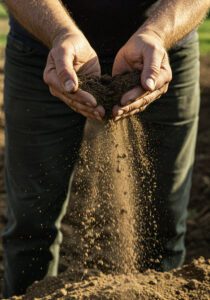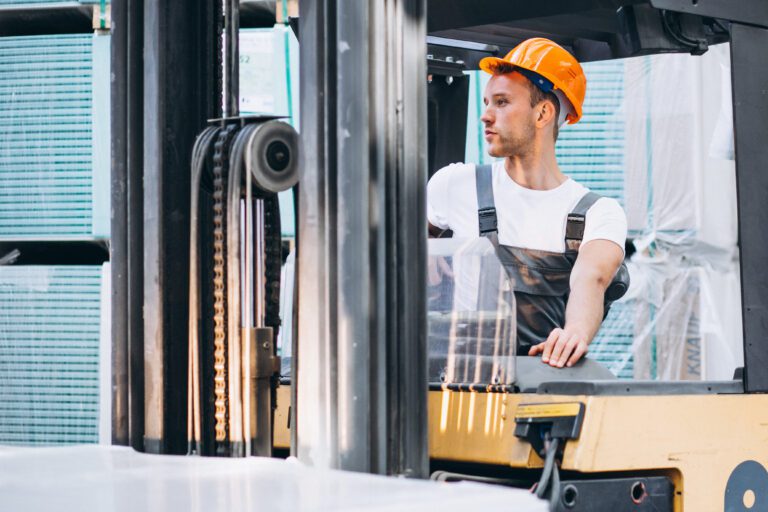Why LOLER Inspections Matter for Businesses in Sleaford
History of Sleaford
Sleaford is a historic market town located in the North Kesteven district of Lincolnshire, situated along the River Slea. The town has roots that stretch back to the early medieval period, though archaeological evidence suggests that the area was inhabited even earlier. By the time of the Domesday Book in 1086, Sleaford was a well-established settlement. Its strategic location between Lincoln and the Fens made it a centre for agriculture and trade throughout the medieval and early modern periods.

One of the town’s most iconic buildings is St Denys’ Church, notable for its elegant spire, and the nearby Sleaford Castle ruins, which date back to the 12th century and were once a bishop’s palace. Sleaford developed significantly during the 19th century with the arrival of the railway and the construction of the Sleaford Navigation, a canalised section of the River Slea. These developments boosted trade, especially in agricultural goods, and encouraged industrial growth in the area.
Industry in Sleaford and the Surrounding Area
Sleaford has historically been an agricultural market town, and this remains a cornerstone of its local economy. Surrounded by productive farmland, the town supports a variety of agricultural activities, including arable farming (wheat, barley, and rapeseed) and food production. The region’s agricultural output has long sustained related industries such as grain milling, storage, and agricultural engineering.
One of the most prominent industries in the area today is food processing. Sleaford is home to Sleaford Quality Foods, a major supplier of dehydrated food ingredients, which operates on an international scale. The presence of such companies highlights the town’s continuing importance in the UK’s agri-food supply chain. Additionally, the town has a growing number of small to medium-sized enterprises involved in logistics, packaging, and manufacturing, especially on industrial estates such as Woodbridge Road and Enterprise Park.
Another notable part of Sleaford’s industrial profile is the renewable energy sector. Just outside the town is the Sleaford Renewable Energy Plant, a biomass power station that generates electricity by burning straw and other organic materials. This facility not only contributes to sustainable energy production but also supports local farming by providing an additional market for agricultural by-products.
Sleaford also serves as a commuter town, with strong transport links to Lincoln, Grantham, and Peterborough, supporting a workforce that travels to work in education, defence, manufacturing, and healthcare across the region. While retaining its market town identity, Sleaford has become increasingly diverse in its economic makeup, balancing traditional rural industries with modern enterprise and innovation.
Legal Requirements Under LOLER 1998
LOLER regulations place strict duties on business owners and equipment operators. Any business in Sleaford that owns or operates lifting equipment must ensure that:
-
Lifting equipment is safe to use.
-
Examinations are carried out at regular, legally required intervals.
-
Inspections are conducted by a competent and impartial person.
Failure to comply can lead to heavy fines, prosecution, and serious safety risks.
Protecting Your Workforce and Your Business
At SEIS, we know that every business in Sleaford – whether in heavy industry, agriculture, healthcare, education, or automotive—depends on reliable, safe equipment. Regular LOLER inspections & LOLER testing reduces the risk of accidents, protect your workforce, and ensure smooth day-to-day operations. Compliance not only keeps you legal, but also demonstrates a strong commitment to employee safety.
Book LOLER Inspection



